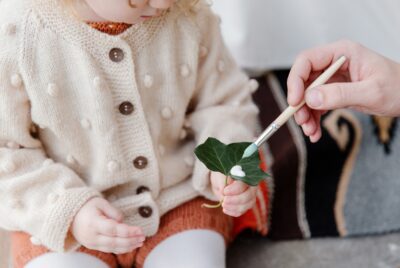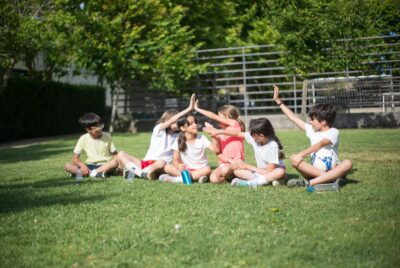RESEARCH
Effect of Horticultural Occupation Therapy Program on the Emotional Rehabilitation of Acute and Chronic Mental Disorder Patients
Summary
The research assessed 42 hospitalized patients (22 with acute mental disorders and 20 with chronic mental disorders) and divided them into experimental and control groups. The experimental groups participated in 12 weeks of horticultural occupational therapy (HOT) within a healing garden, in addition to regular occupational therapy. The control groups received only standard group occupational therapy. The HOT program included planting, crafting with flowers, and tea ceremonies, structured into four phases: motivation, performance, interaction, and relaxation.
Findings revealed significant reductions in depression, anxiety, and emotional stress among patients with acute mental disorders participating in HOT. For chronic mental disorder patients, HOT significantly reduced physical stress, but emotional improvements were less pronounced. Compared to traditional therapy, HOT was more effective in improving emotional well-being for acute patients and physical relaxation for chronic patients. The study highlights the potential for integrating horticulture into mental health treatment, particularly for emotional and social rehabilitation in clinical settings.







